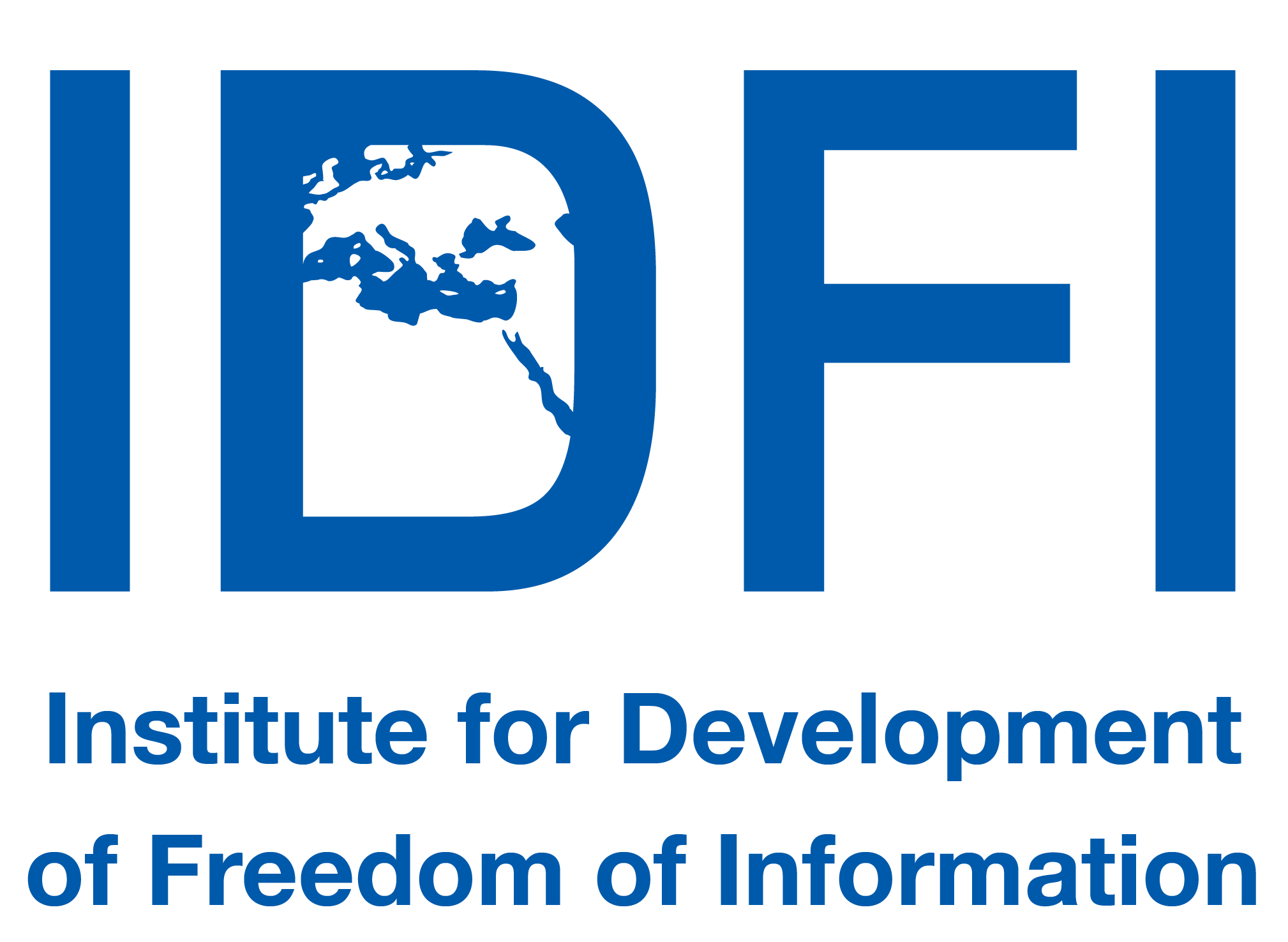




It’s been one year since the independent investigative mechanism became effective and there are still insufficient guarantees of its institutional and functional independence. The establishment of this Service was crucial in the fight against torture and ill-treatment in the country, however, further steps are needed to strengthen the State Inspector’s Service.
Local and international bodies have called for the establishment of a functionally and institutionally independent investigative agency[1] in order to efficiently investigate crimes committed by law enforcement officials. In response, the law entered into force on November 1, 2019,[2] which gave the State Inspector’s Service the power to investigate specific crimes committed by a representative of a law enforcement body, an official, or a person equal to an official. In particular, the Service investigates the abuse of power by law enforcement officials, torture, ill-treatment, and violent crimes committed against a person under the effective control of the state.
After the State Inspector Service became effective, significant institutional steps have been taken to conduct a prompt and qualified investigation (recruiting qualified personnel, introducing a mechanism for timely response to crimes, more or less solving infrastructural problems, etc.)[3]. For real functional independence, the service should be able to make decisions independently (without the intervention of a supervising prosecutor) regarding investigative actions such as searching, seizure, requesting information from a computer system, questioning a witness before a magistrate judge during an investigation.[4]
Criminal procedure law enables the prosecutor to issue binding instructions to investigators during the investigation. Moreover, the Prosecutor General of Georgia is empowered to withdraw a case from one investigative body and transfer it to another, regardless of the investigative jurisdiction.[5] A significant challenge is the narrow mandate of the State Inspector Service, which, firstly, absolutely excludes the authority to investigate a possible crime committed by the Minister of Internal Affairs of Georgia and the Head of the State Security Service of Georgia. Secondly, the investigative jurisdiction of the State Inspector's Service does not encompass numerous crimes committed by law enforcement officials. The Service should have priority investigative jurisdiction over all crimes where there is a possible involvement of police or prosecutors.[6] The procedures for selecting and appointing a State Inspector should also be improved to prevent a politically motivated decision and the selection of a candidate based on political loyalty.
In light of the above, the signatory organizations consider the following necessary:
- Extending the mandate of the independent investigative mechanism to all crimes committed by law enforcement officials;
- Separation of prosecutorial and investigative functions to empower the Service to conduct independent investigations and take significant procedural/investigative actions;
- Improving the selection/appointment procedure of the State Inspector to prevent political influence on the selection process;
- Moreover, the state should strengthen the independent investigative mechanism by providing adequate material and human resources.
____
[1] Assessment and recommendations by Thomas Hammarberg, Georgia in Transition, available at: http://myrights.gov.ge/uploads/files/docs/5695georgia_in_transition-hammarberg1.pdf; Assessment of the Coalition related to the establishment of the State Inspector Service, available at: https://emc.org.ge/ka/products/shefaseba-sakhelmtsifo-inspektoris-samsakhuris-shekmnastan-dakavshirebit
[2] Statement of the Coalition about the postponement of the activation of the investigative authority of the State Inspector’s Office for the fourth time, available at: http://www.coalition.ge/index.php?article_id=212&clang=1
[3] Legislative Amendments to the Law of Georgia on the State Inspector Service of September 20, 2019.
[4] Articles 33, 112-120, 136 of the Criminal Procedure Code of Georgia. Article 21 of Law of Georgia on Operative Investigative Activities.
[5] Criminal Procedure Code of Georgia, Article 33.
[6]See Coalition Statement,available at: http://www.coalition.ge/index.php?article_id=212&clang=1&fbclid=IwAR30pvh2Poyf75AUOmAgvutq_TuVHNQBCL-y66-vr9HKbuo5wZA3BUuJyD0